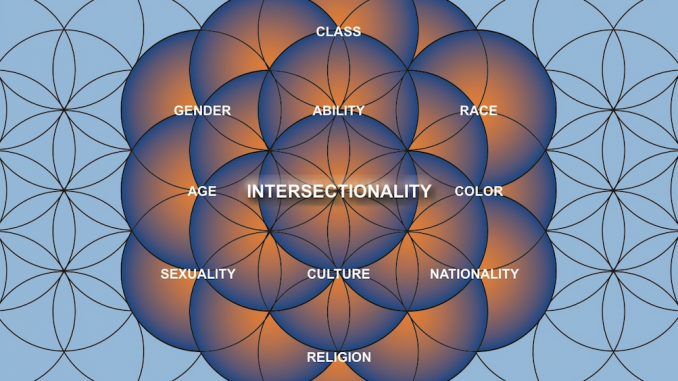
Intolerance, prejudice and discrimination flourish in environments of silence, fear and misunderstanding. That’s the idea behind Conversation One, a new group open to all campus community members that meets weekly at SUNY New Paltz’s Sojourner Truth Library (STL) to discuss instances of intolerance or discrimination that campus community members face or learn about in popular media.
According to Mark Colvson, the dean of STL and the head organizer of Conversation One, the group provides a safe space for people to open up about tough topics that hit close to home, such as racism, sexism, ableism, homophobia or transphobia. As stated in the program’s mission statement, Conversation One aims to engage “all members of the community, including students, faculty and administration.” Colvson and the Conversation One team hope to build a community where each and every individual is truly valued, he said.
The idea came from Colvson’s reactions to recent incidents of police brutality and underlying issues of systemic, structural oppression.
“All I can say is that some time shortly after the one two punch of the acquittal or non-indictment of police officers involved in the deaths of Michael Brown in Ferguson, Missouri and Eric Garner in Staten Island, New York, I started to find it harder and harder to think clearly and go about my normal work,” the dean said. “I realized I needed to talk and express some of the anger and frustration and sadness I was holding down.”
Colvson reached out to Karanja Carroll, a former associate professor of Black Studies at the college, to help facilitate a group where anyone from the SUNY New Paltz community could come to discuss their frustrations and receive some group catharsis. With the help of former student Kevin Lam, who drafted the program’s mission statement, and dozens of students, faculty and staff members, Conversation One came into fruition. So far, the program’s weekly meetings have been small, consisting of about four to seven people, but Colvson believes it’s extremely valuable to have a place dedicated to maintaining an ongoing dialogue about structural oppression and its real-world implications.
“I believe that conversation like this can serve more than one purpose,” he said. “It helps individuals deal with the stress and anger that comes from feeling minimized or excluded. It can help people answer questions they have about the experiences of those different from themselves, and it provides a venue for deep learning outside the classroom.”
Among the program’s key tenants are transparency, meaning that everyone at the meetings speaks only from their own experiences; accountability, implying that people are held accountable for what they say in conversation; diversity, meaning that all identities and intersections of identity are valued equally; and agency and action, stating that the conversation aspect of Conversation One is employed to initiate learning, growth and real-world actions.
“Everyone is welcome, no matter how much or little personal experience you have of these topics,” Colvson wrote on his blog on STL’s webpage. “If you’re curious, hurting, interested, angry, come give it a try.”
Conversation One meetings are at 4:30 p.m. most Wednesday afternoons in group meeting room M39 at STL. For more information about Conversation One, campus community members can sign up for the Conversation One mailing list, located at lists.newpaltz.edu/mailman/listinfo/conversation-one.
